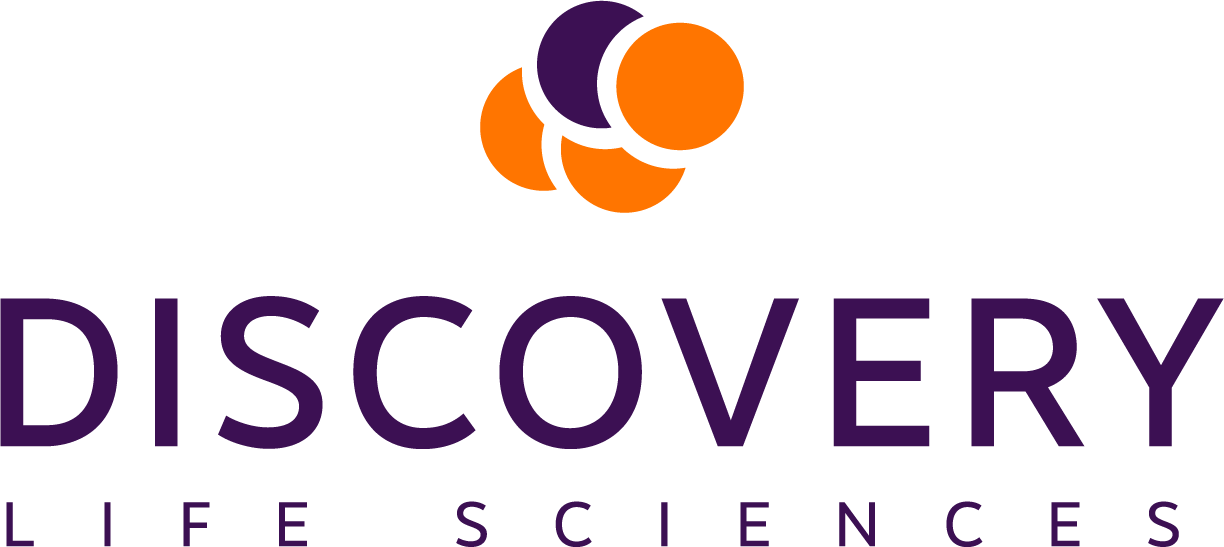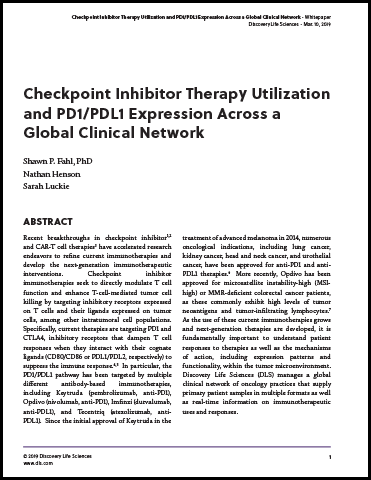Recent breakthroughs in checkpoint inhibitor and CAR-T cell therapies have accelerated research endeavors to refine current immunotherapies and develop the next-generation immunotherapeutic interventions.
Checkpoint inhibitor immunotherapies seek to directly modulate T cell function and enhance T-cell-mediated tumor cell killing by targeting inhibitory receptors expressed on T cells and their ligands expressed on tumor cells, among other intratumoral cell populations.
Specifically, current therapies are targeting PD1 and CTLA4, inhibitory receptors that dampen T cell responses when they interact with their cognate ligands (CD80/CD86 or PD-L1/PD-L2, respectively) to suppress the immune response. In particular, the PD1/PD-L1 pathway has been targeted by multiple different antibody-based immunotherapies, including Keytruda (pembrolizumab, anti-PD1), Opdivo (nivolumab, anti-PD1), Imfinzi (durvalumab, anti-PD-L1), and Tecentriq (atezolizumab, antiPD-L1). Since the initial approval of Keytruda in the treatment of advanced melanoma in 2014, numerous oncological indications, including lung cancer, kidney cancer, head and neck cancer, and urothelial cancer, have been approved for anti-PD1 and antiPD-L1 therapies. More recently, Opdivo has been approved for microsatellite instability-high (MSIhigh) or MMR-deficient colorectal cancer patients, as these commonly exhibit high levels of tumor neoantigens and tumor-infiltrating lymphocytes.
As the use of these current immunotherapies grows and next-generation therapies are developed, it is fundamentally important to understand patient responses to therapies as well as the mechanisms of action, including expression patterns and functionality, within the tumor microenvironment. Discovery Life Sciences manages a global clinical network of oncology practices that supply primary patient samples in multiple formats as well as real-time information on immunotherapeutic uses and responses.



